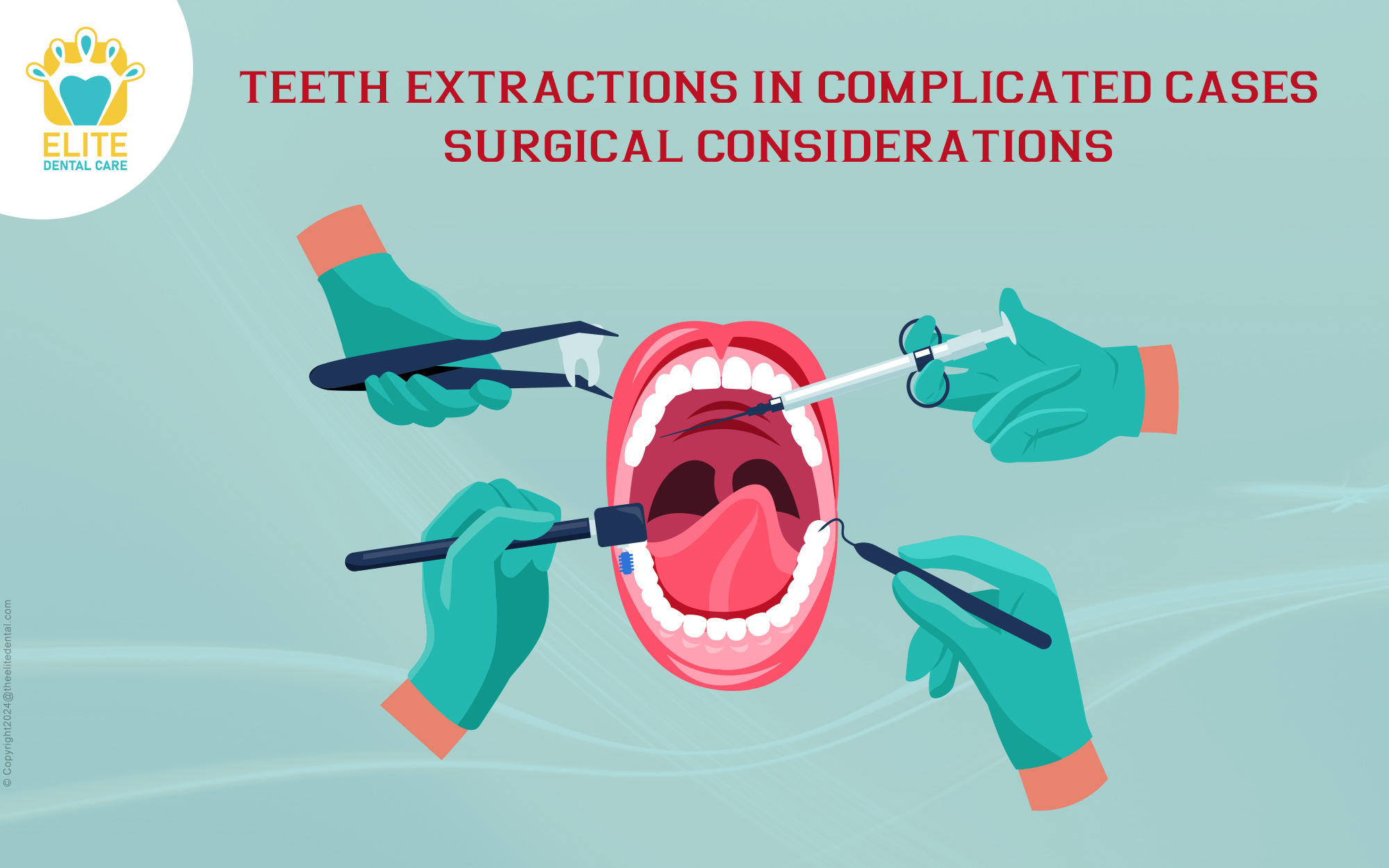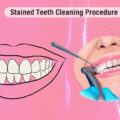
dentaldental caredental healthdentureselitedentalflossinghygiene tipslingual bracesoral healthRoot Canal TreatmentTeeth WhiteningTooth Extraction
edental
15 March 2024
Teeth Extractions in Complicated Cases: Surgical Considerations
It’s important to talk about any possible side effects before having dental extractions, such as discomfort, bleeding, bruises, swelling, infection, and harm to nearby structures like teeth.
After dental extractions, post-operative pain is frequently treated with over-the-counter prescript medications such as ibuprofen and paracetamol. A complete examination is required if pain doesn’t go away, and more prescripted medications, such as opioids, could be administered.
After tooth extraction, postoperative bleeding is frequently observed. Early detection of medical conditions that increase the risk of prolonged bleeding and appropriate management are key.
Consider using tranexamic acid or hemostatic medications if bleeding continues after applying pressure. Give individuals explicit instructions to seek immediate medical assistance from a professional if they experience persistent bleeding at home.
Simple extractions can result in post-extraction swelling, which is frequent in surgical exodontia and normally goes away in three to seven days. But it’s important to be on the lookout for post-operative infections, which can cause face swelling and need a full assessment for systemic symptoms and airway patency.
Patients are reassured by clear post-operative guidelines on face swelling, which also emphasize the need to promptly review any symptoms of infection.
Understanding medication side effects is essential for doing basic dental surgery. In addition to practical expertise, dentists should understand the indications, contraindications, and medical aspects related to extractions. They should also prepare well, choose their equipment, and use it efficiently to ensure successful treatment.




